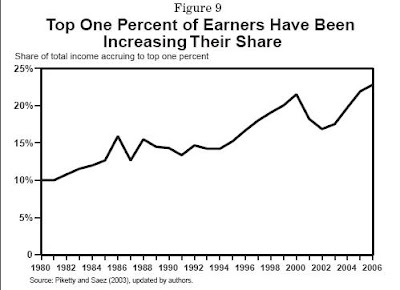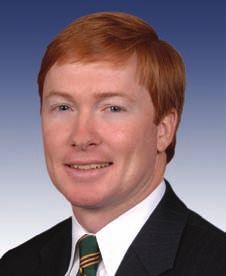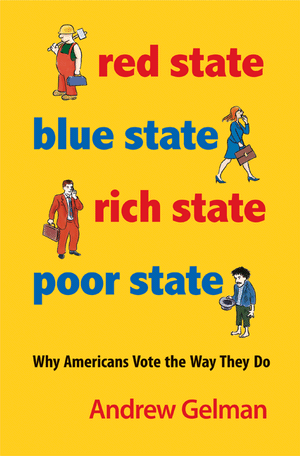I can clearly remember my emotions after the 2004 election. I remember the near endless articles, columns, and posts about what went wrong. Looking back, it seems like the writing mixed mourning and placelessness. And despite that, two years later the Democrats succeeded in a mid-term Congressional victory.
Today, it seems as though the right is doing the soul-searching. I think that it is important for those of us on the left
to listen to what is being said and reserve judgement. And
they are saying important things, things that recognize the reality that many Americans face:
As we all know, income stagnation is something that most conservatives and Republicans have spent years pretending was not happening, because it did not fit in with the assumption that working- and middle-class Americans were thriving as part of the “greatest story never told.” It is the failure to acknowledge and address all of these things along with the preference for using symbolic gimmickry that begin to account for the lamentable states of conservatism and the GOP. There is also the war, but movement and party have become so invested in it that I have my doubts whether they can ever recognize its role in discrediting both with the public.
Along those same lines, Ross Douthat
notes that, "The Right has a messaging problem, yes - but it also has a message problem." Which all seems to boil down to a call for policy that is more robust than the
discredited supply-side approaches that have been the modern Right's cornerstone.










